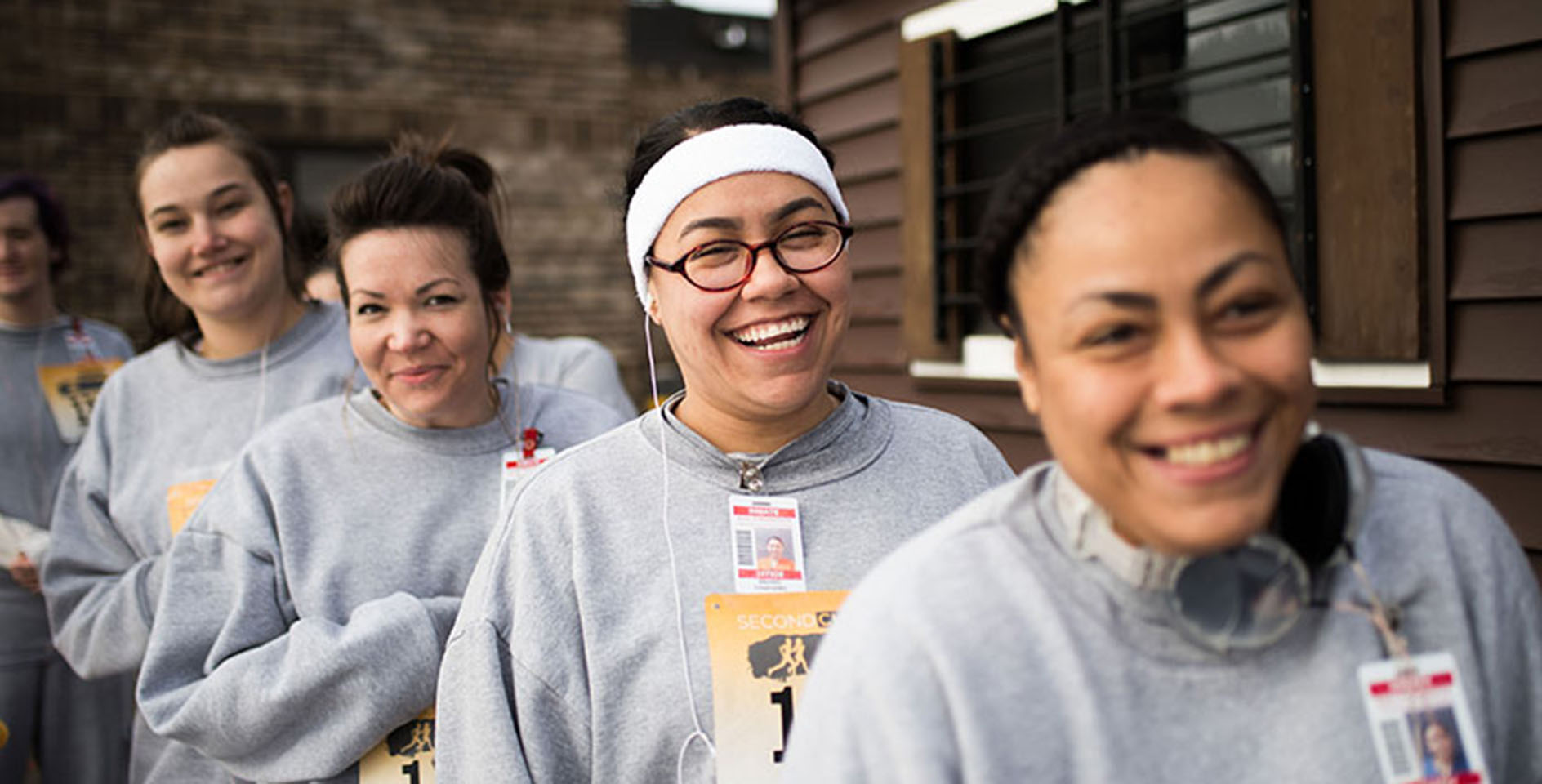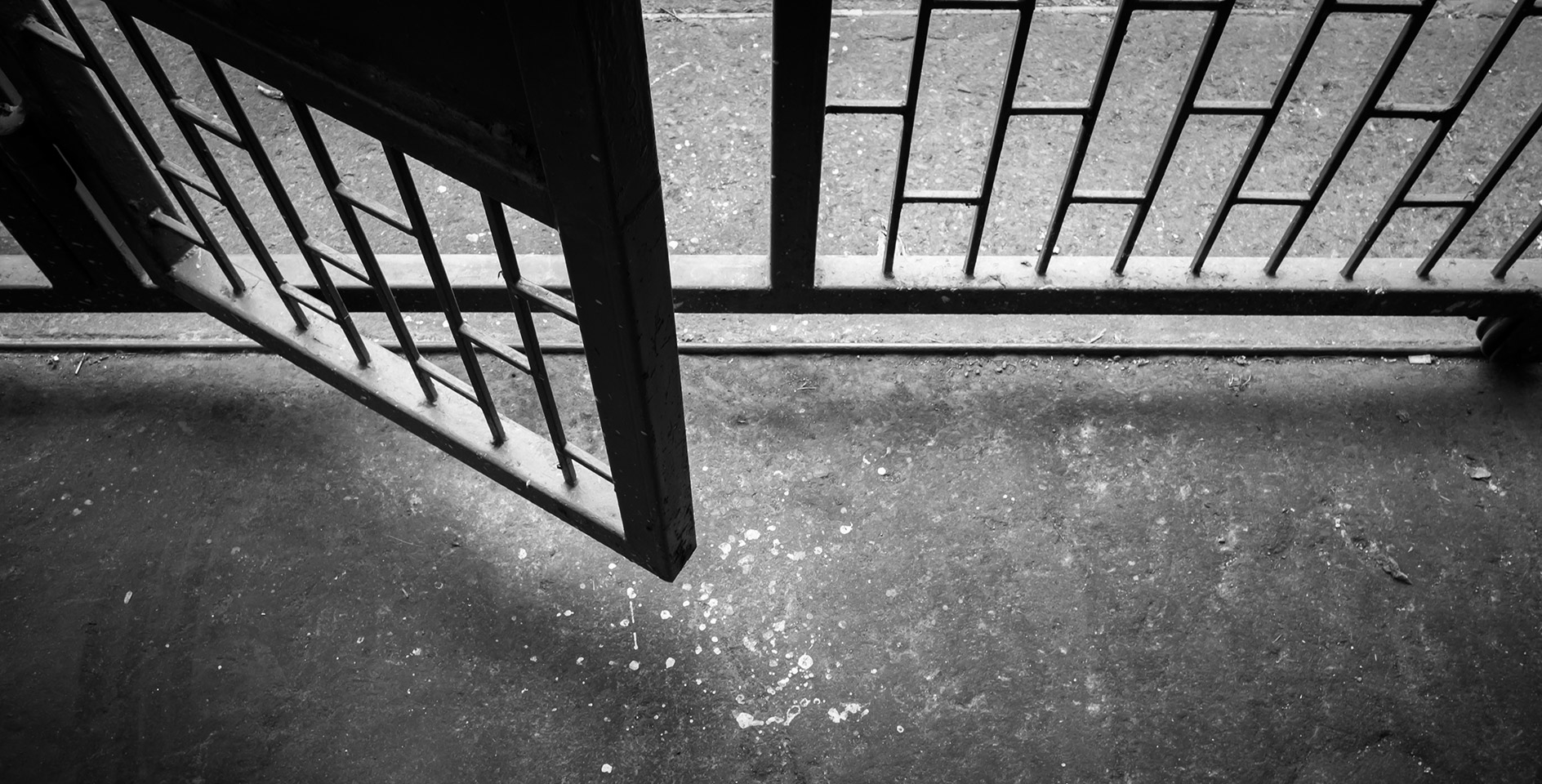One of the most COVID-effected demographics is rarely mentioned: Prisoners. Already a population incredibly vulnerable to substance abuse, depression and loneliness, the toll for safety was high — and didn’t ultimately protect them very well. One in 5 have tested positive for the virus, and at least 2,700 have died. The New York Times reported triple the rate of COVID-19 infections from that of the general population inside American prisons.
It’s past time to recognize the humanity of this population of more than 2 million image-bearers. April is “Second Chance Month,” an effort by Prison Fellowship to spotlight criminal justice reform and programming to help prisoners reenter society. Because there is no structure in place for men and women leaving prison, many walk out the door with nothing but the clothes on their back. Some don’t even have an I.D. Often without money or housing, the allure back to substance abuse or criminal lifestyle is high because it is one of few options.
Things may be even harder now.
On top of the contagion, in 2020 prisoners abruptly lost access to visitors and in-person programming by nonprofits and ministries aiming to bring light, life, and restoration. As the rest of the world mourned in-person gatherings, prisoners without any access to the outside world may have grieved it the most.
Ninety-five percent of prisoners eventually reenter society, and the government offers no assistance upon reentry. The results are devastating. Two of 3 former inmates will be back behind bars within three years, furthering a toxic cycle of criminality that ultimately bleeds into the next generation. The children of incarcerated parents are six times more likely to be later incarcerated themselves.
Men of Valor
But God has called a group of people to minister specifically to this group. In 1976, after serving a short sentence in prison, Chuck Colson started Prison Fellowship, which spawned local prison ministries across the country, like Tennessee’s Men of Valor. These organizations are bringing God’s love, hope, and tangible resources to a population the rest of the world too easily hidden and forgotten.
COVID-19 made programming harder, but Men of Valor was able to pivot and see God moving in incredible ways that wouldn’t have been possible otherwise. “It’s kind of cracked the nut on getting some virtual programming into prisons,” said Program Director Curt Campbell over the phone. “We also got permission to show a faith-based variety show, including testimonies, sermons, and motivational videos.”
Campbell said most prisons have a closed circuit TV channel that plays inside cells, where their show broadcasts. Thus, men who may never have attended a chapel service or Bible class will hear the gospel when they never would have before.
Beyond adapting to COVID-19 restrictions, Men of Valor has kept a strong focus on their core initiative, a 1-year reentry mentoring and discipling program for 93 men at a time. After learning about and participating with Men of Valor while in prison, men can apply for the “After Care and Re-Entry” program, which boasts incredible results: Only 10% of those who complete the program go back to prison, compared to 66% of those who don’t.
Incredibly, COVID-19 affected this program “more positively than negatively,” said Campbell. Because they received funding through the CARES Act (enacted to provide swift economic relief for those affected by COVID-19), Men of Valor was able to expand their programming capabilities to include virtual and socially-distanced learning spaces.They were able to keep the program near capacity, and most men were able to continue working.
Being accepted into the program can be a huge relief. Once released from prison, accepted participants receive a home, food, clothing, transportation, and help securing valid I.D. and part-time employment. Beyond those basic needs, spiritual needs take priority through mentoring, discipleship, anger management, accountability, personal counseling, and more.
Because of this program, men like Joshua Higdon say they are “thankful” for their time in prison. After growing up and joining a hate group gang at a young age, Higdon ultimately developed a drug addiction and found himself in prison. “The men that God moved into my life,” he said via video, ”showed me his grace, showed me his mercy and showed me his love.”
Wearing a t-shirt inscribed with “I can do all things through Christ who gives me strength,” atop a spate of tattoos, Higdon described how a bi-racial friendship inside of prison changed his views on race and led him to the post-incarceration Men of Valor program.
At a time when many Christians are redefining their view of “pro-life” to include care and compassion for the most vulnerable citizens, it’s appropriate to view post-incarcerated men as such. They have broken the law and made mistakes, but have little chance to rehabilitate and start again without authentic love, financial support, and spiritual guidance to help them get there. They can’t do this on their own, and organizations like Men of Valor and Prison Fellowship are stepping up to ensure they don’t have to.






